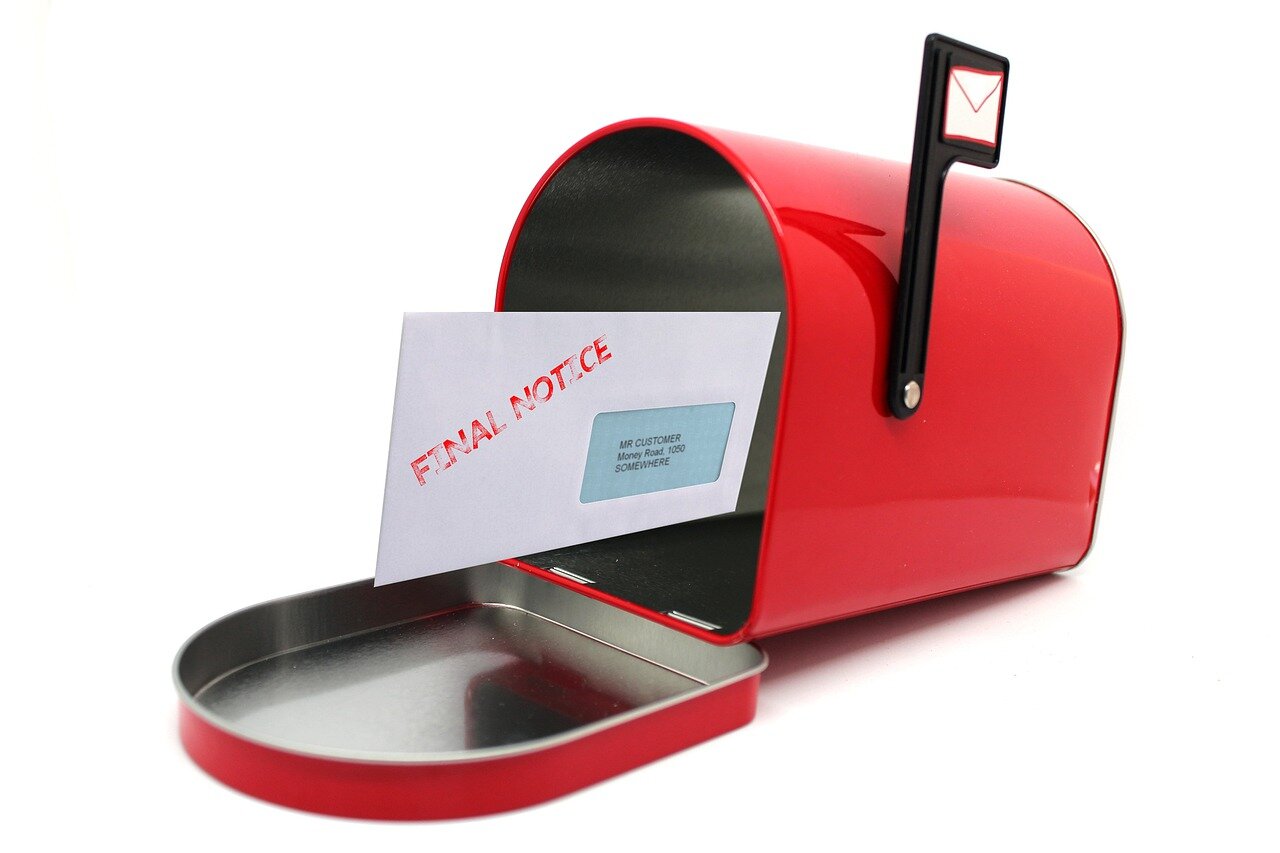Due to the coronavirus pandemic, the Supreme Court of Texas had issued its Fourth Emergency Order Regarding the COVID-19 State of Disaster, establishing a moratorium on any action for eviction to recover possession of residential property until April 19, 2020. The expiration date for this moratorium was subsequently extended by the Twelfth Emergency Order Regarding the COVID-19 State of Diasater to May 18, 2020. These orders allowed new filings to be submitted during the moratorium but halted the posting of any statutory notice of a writ of possession as well as any service of citation until May 25, 2020.
In addition to the Texas moratorium, renters had the further protection provided by the federal Coronavirus Aid, Relief, and Economic Security (CARES) Act, enacted by Congress on March 27, 2020. The CARES Act, and specifically Section 4024(b), prohibited landlords of certain “covered dwellings” from instituting eviction actions or charging fees or penalties for the nonpayment of rent. The protections afforded by the CARES Act extend 120 days from its date of enactment. During this 120-day period, landlords also are enjoined from issuing any notices to vacate. Under the statute, landlords are also required to provide tenants with 30 days during which to vacate the premises. However, the protections afforded by the CARES Act are only applicable to covered property. Section 4024(a)(2) defines “covered property” as any property that participates in a federal assistance program, such as public housing, Section-8 Project-Based Rental Assistance, and the Low Housing Income Tax Credit (LHITC) program or that is secured by a federally backed mortgage loan or federally backed multifamily mortgage loan, such as Fannie Mae and Freddie Mac, or that is insured by the Federal Housing Administration or the Department of Veterans Affairs. Of course, the difficulty involved with the CARES Act as it relates to renters involves whether the property which they are renting is a covered property under the Act. Unfortunately, renters might have no reason to know this as the property is owned by another party, and it might be difficult to determine or discover whether the property is covered. To aid in this regard, ProPublica, an independent, nonprofit newsroom, has published an interactive database to help renters find out if the federal moratorium would apply to them.
For those Texas renters whose property is not a covered one as defined in the CARES Act, eviction, unfortunately, could become a sad reality. With the Texas moratorium expiring on May 18, landlords are now free to move forward with eviction proceedings, including the issuance of service of process and the posting of writs of possession. Note that the onus is not necessarily on the tenant to determine whether the dwelling is a covered one under the CARES Act. Pursuant to the Fifteenth Emergency Order Regarding the COVID-19 State of Disaster, landlords are required to state in any sworn petitions or separate affidavit filed between March 27, 2020 and July 25, 2020, that “the premises are not subject to the moratorium on evictions imposed by Section 4024 of the CARES Act.” A sample of an affidavit containing the required language can be found on the website of the Harris County Justice Courts. Interested parties are directed to consult the websites of the individual justice courts for more information about filing and court proceedings.
For those tenants who require some assistance, there are some options available. There are some legal aid organizations in Harris County and the Houston area that might be able to help, most notably, Houston Volunteer Lawyers and Lone Star Legal Aid. Others around Texas include: Legal Aid of Northwest Texas, Texas Legal Services Center, and Texas RioGrande Legal Aid. There is also some useful information on TexasLawHelp.org concerning eviction and other landlord issues, including a page discussing Evictions During the COVID-19 Pandemic. See also a post written by the blog team here at the Harris County Law Library about some useful landlord/tenant resources.








